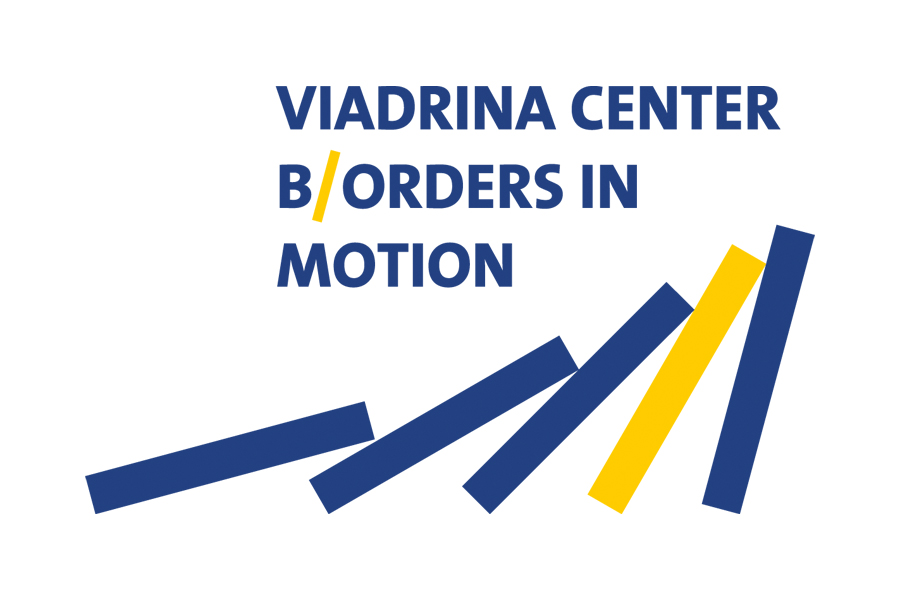Towards Multilingual Language Histories: Dutch in Context and Contact
Details
Projektleitung:
- Prof. Dr. Philipp Krämer (Vrije Universiteit Brussel / Assoziiertes Mitglied des Viadrina Center B/ORDERS IN MOTION
- Prof. Dr. Rik Vosters (Vrije Universiteit Brussel)
- Prof. Dr. Wim Vandenbussche (Vrije Universiteit Brussel)
- Prof. Dr. Laura Rosseel (Dr. Laura Rosseel)
Finanzierung:
Strategic Research Program funded by the research council of Vrije Universiteit Brussel (VUB)
Projektlaufzeit:
01.03.2024-28.02.2029
Projektbeschreibung:
This Strategic Research Program (SRP) funded by the research council of Vrije Universiteit Brussel aims to reimagine our understanding of – and engagement with – language history by adopting a radically multilingual perspective. Postulating that any history of a language is,
in fact, a history of language contact, we will work on different case studies involving the history of Dutch, offering building blocks to contribute towards an innovative and multilingual history of language(s) in the Southern Low Countries. The program shifts the focus away from a language-centric approach to a user-centric one, spotlighting multilingual individuals and communities, and thus giving us a more profound understanding of language diversity in the Southern Low Countries.
The research aims to fulfil three primary objectives: (1) To make visible previously unnoticed and ‘erased’ languages and linguistic practices, thus revealing hidden forms of multilingualism. (2) To re-center our view of what is central and what is peripheral, pushing case studies from the margins (socially, geographically, etc.) to the core of the language, thus really implementing a 'language history from below' perspective. (3) To illustrate the continuity between past and present language use, by working with more contemporary history and even experimental language regard approaches, to supplement the historical data gathered.
The program will explore language use in three distinct contexts: (1) from within the national borders, by focusing on minoritized and invisibilized speech communities, (2) at the borders, between languages and dialects, and finally (3) far outside the borders of the original speech communities in the Low Countries, for instance in colonial settings. The project offers various perspectives for border studies: It explores language history across the traditional boundaries between seemingly separable linguistic entities such as individual dialects or languages. Important cases to study for the multilingual history of Dutch and its neighbouring languages include the intra-Belgian language border and the contact zone of Brussels, but also extra-European border regions such as the one between Suriname and French Guiana or the island of Saint-Martin.
